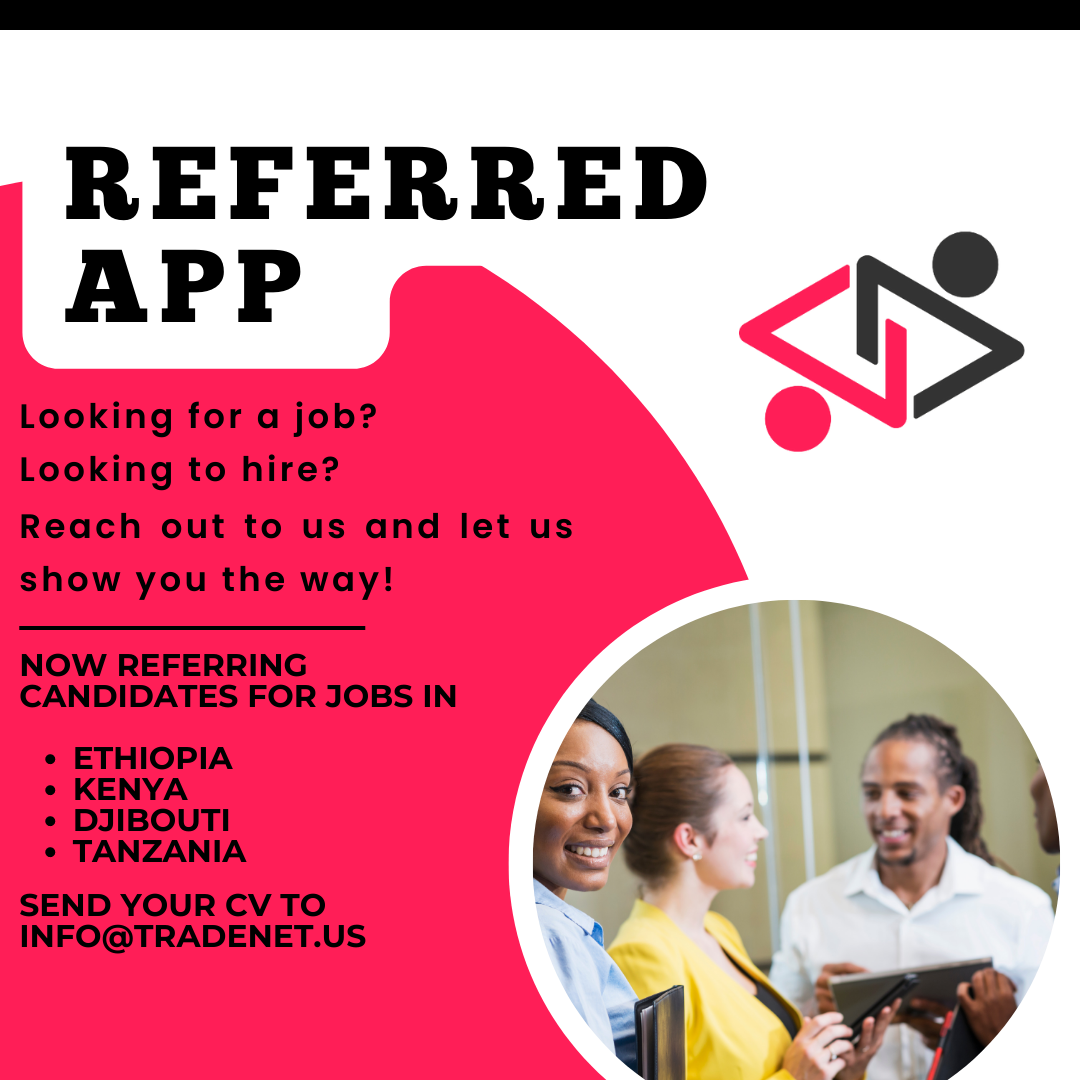Original Story Published by: Heavy Chef
The rise of a young African entrepreneur is always a story that feels right at home. At only 27 years old, Hilda Moraa is on Forbes’s list of Promising Young Africans. Moraa is the co-founder of Weza Tele - a Kenyan fintech startup that was recently acquired by Ghanaian financial services group, Afb for $1.7 million.
Her journey began as a struggling undergraduate student, who decided to turn her school project into a viable business. Success was just around the corner. With a Bachelors degree in Business Information Technology and a Masters degree in Entrepreneurship, Moraa nurtures what she has by giving back. Her passion for mentorship and sharing knowledge with her peers has manifested in a book, entitled A Kenyan Startup Journey.
Written by Moraa, the book shares practical lessons on entrepreneurship in the tech space and is aimed at aspiring business people in need of inspiration and advice. In this interview, Hilda shares some insights from her book and provides personal input on pertinent topics within the theme of leadership.
AS A FEMALE, AFRICAN ENTREPRENEUR, WHAT HAVE YOUR GREATEST CHALLENGES BEEN?
First and foremost I would like to echo that we cannot deny the fact that the technology entrepreneurship industry is male dominated, with women as the minority. This means that women are bound to face a unique set of challenges that can present themselves as roadblocks. These roadblocks however, can be turned into opportunities.
Being on this tech entrepreneurship journey for the last 5 years, I have faced a myriad of challenges – not because I am an African woman but mainly because of the gaps that exist in the ecosystem. These gaps are being tackled by different stakeholders who are playing an active role within their respective capacities – investment, incubation or mentorship and support.

The two main challenges I faced, as outlined in my book, A Kenyan Startup Journey – 10 Key Lessons I Learned, are:
1) Finding the right talent. Because at the end of the day, it’s all about people: This includes finding the right local team to execute on a day to day basis as well as finding the right role models and support network. As a leader, I have worn many hats in order to drive momentum in the business. I have continued to overcome this challenge by believing in myself rather than trying to convince other people to believe in what I am doing. I have built a culture governed by a set of values and principles that I have allowed my team to develop.
“Passion, a positive attitude, integrity, excellence, hard work, respect, trust and responsibility have always formed part of the values I share and look for in finding the right talent as I believe skills can always be trained. Scalability, teamwork, innovation, accountability, and lean methodology also continue to guide me in finding the right talent” (excerpt from A Kenyan Startup Journey).
2) Raising Money is an uphill struggle: I once believed that because I had an innovative product that everyone was talking about, investors would be knocking at my door. But I learned that it does not work like that. In the same way as when one is looking for the right talent/founders, one needs to be in the right place, at the right time to find investors. As a leader I needed to be out there scouting for the right investors and ensuring that we had all the right resources to grow and scale the business.
“We need more young techpreneurs to double us as investors and role models to other up and coming young women.”
“As I have iterated in my book, this was not one of my core strengths and it is the same for many African startups. Skills of fundraising, pitching and where to find the right investors who will align with your growth strategy continue to be a huge challenge” (excerpt from A Kenyan Startup Journey).
I preferred to run the business hand to mouth by saying yes to many opportunities at once, however this was not sustainable and damaged our business’s growth and momentum. I overcame this challenge by getting local mentors who supported and guided me in the process of finding the right investors who could bring more value to the table, beyond just money. I am now an angel investor to local startups. We need more young techpreneurs to double up as investors and role models to other up and coming young women.
HAS FAILURE PLAYED A ROLE IN YOUR CAREER?
I have talked about failure in my book and mentioned that it has been the key accelerator to my success.
“Failure is a forbidden word in African culture. If you fail, there is no glory, only shame. To the contrary, in the West, failure has been appreciated as an opportunity for learning for most of the successful startups we have heard of.
To read the full article, visit Heavy Chef.









